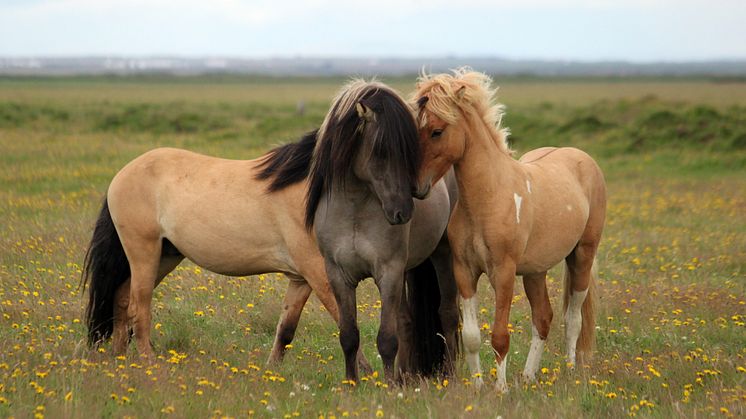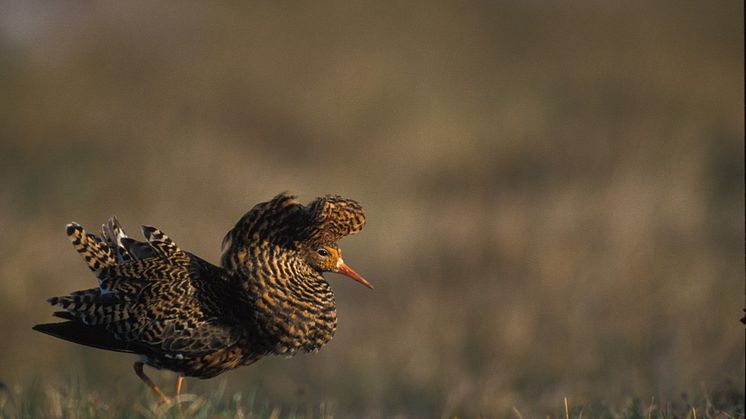A horse of a different colour: genetics of camouflage and the Dun pattern
Most horses today are treasured for their ability to run, work, or be ridden, but have lost their wild-type camouflage: pale hair with zebra-like dark stripes and markings known as the Dun pattern. Now an international team of scientists has discovered what causes the Dun pattern and why it is lost in most horses.

